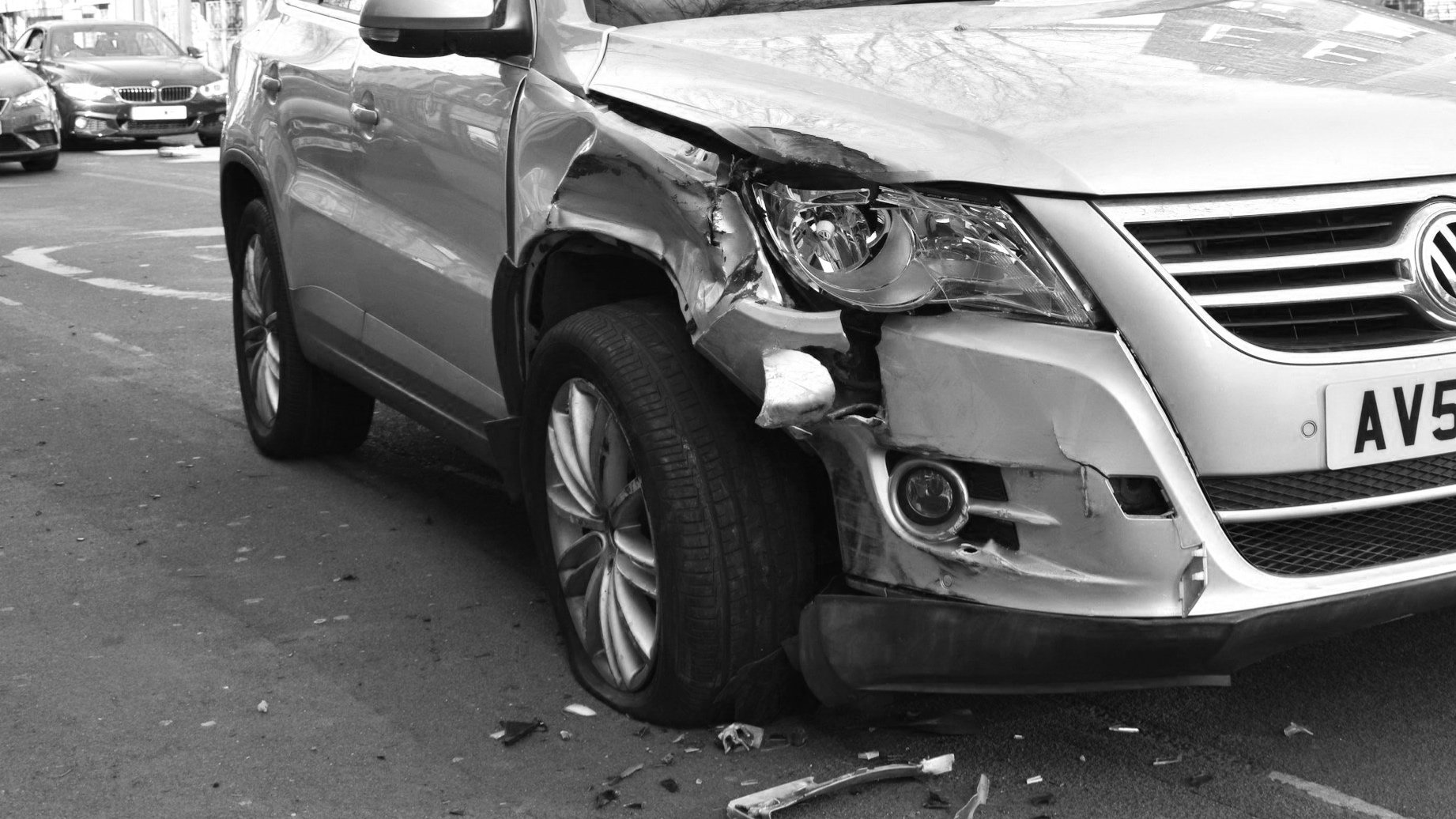Understanding Diminished Value Claims: What You Need to Know
When your vehicle is involved in an accident, its value can decrease significantly, even after repairs are made. This reduction in value is known as “diminished value.”
Understanding how diminished value insurance claims work can help you recover some of the financial loss associated with your vehicle’s decreased market value.
What is a Diminished Value Claim?
A diminished value claim allows you to recover the difference between your car’s pre-accident value and its value after repairs from the at-fault driver’s insurance company. Even if your car is restored to its original condition, it may still be worth less than an identical vehicle that has never been in an accident.
Types of Diminished Value
There are three main types of diminished value claims:
Immediate Diminished Value: This type of claim is made to recoup the loss in resale value that occurs immediately after an accident, before any repairs are made.
Inherent Diminished Value: This is the most common type of claim, referring to the loss in value that remains after the vehicle has been repaired.
Repair-Related Diminished Value: This occurs when the repairs themselves are substandard, further reducing the vehicle’s value.
How to File a Diminished Value Claim
Filing a diminished value claim involves several steps:
Determine Eligibility: Ensure that the accident was not your fault and that the at-fault driver’s insurance policy covers diminished value claims.
Gather Evidence: Collect all necessary documentation, including repair estimates, vehicle appraisals, and accident reports.
Submit the Claim: File the claim with the at-fault driver’s insurance company, providing all required evidence and documentation.
Why Diminished Value Claims Matter
Filing a diminished value claim can help you recover the financial loss associated with your vehicle’s decreased market value. This is particularly important if you plan to sell or trade in your vehicle in the future. By understanding and utilizing diminished value claims, you can ensure that you are not left bearing the financial burden of an accident that was not your fault.

